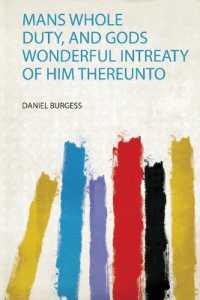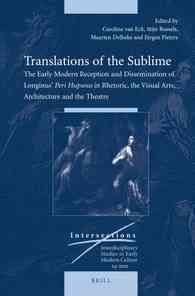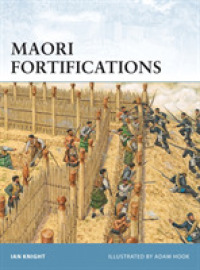Full Description
How do countries come to view themselves as being 'multicultural'? Us, Them, and Others presents a dynamic new model for understanding pluralism based on the triangular relationship between three groups — the national majority, historically recognized minorities, and diverse immigrant bodies. Elke Winter's research illustrates how compromise between unequal groups is rendered meaningful through confrontation with real or imagined outsiders.
Us, Them, and Others sheds new light on the astonishing resilience of Canadian multiculturalism in the late 1990s, when multicultural policies in other countries had already come under heavy attack. Winter draws on analyses of English-language newspaper discourses and a sociological framework to connect discourses of pan-Canadian multicultural identity to representations of Quebecois nationalism, immigrant groups, First Nations, and the United States. Taking inspiration from the Canadian experience, Us, Them, and Others is an enticing examination of national identity and pluralist group formation in diverse societies.
Contents
Part I Introduction
How Do 'We' Become Pluralist?
A Canadian Paradox
Part II Theoretical Considerations
Theoretical Puzzles
Social Relations and Processes of Ethnicization
Nationalist Exclusion and Its Remedies
Part III Empirical Analysis
How Do 'We' Become Multicultural?
Neither 'America' nor 'Quebec'
To Be or Not to Be Like Quebec
Who Constitutes Multiculturalism? Divergent Perspectives
PartIV: Conclusions
The Social Constitution of a Pluralist 'We'
Comparative Perspectives
Bibliography
Notes
Index







